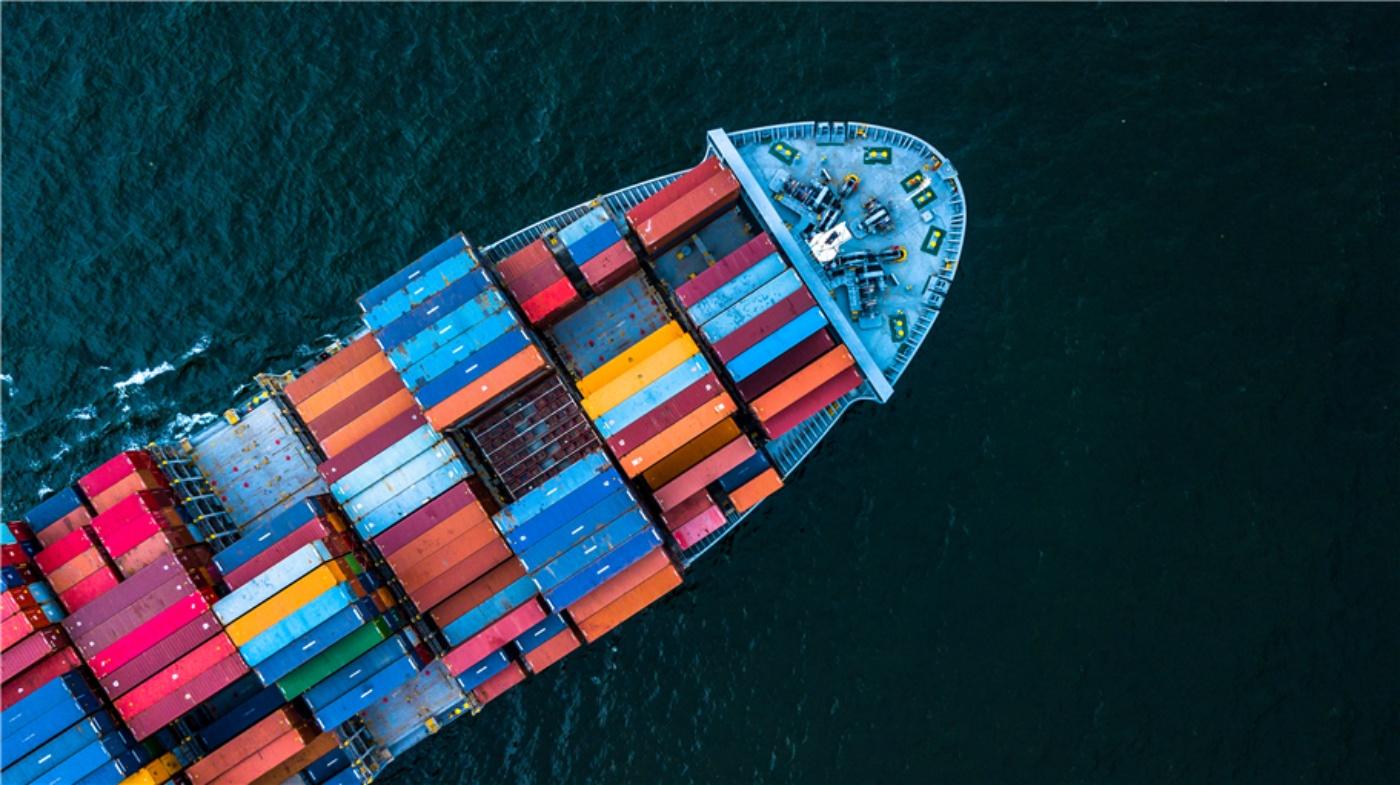
Topics
Economic Policy and Trade
For the automotive industry to remain competitive and innovative, companies need free access to markets worldwide and an industrial policy that addresses the current challenges.
For the automotive industry to remain competitive and innovative, companies need free access to markets worldwide and an industrial policy that addresses the current challenges.
For the automotive industry to remain competitive and innovative, companies need free access to markets worldwide and an industrial policy that addresses the current challenges. A modern economic policy is the key to the transformation of China and Germany as the industrialized country. Locational conditions must be improved in many areas.
International Landscape: Free Trade as Success Factor
2021 marks the 20th anniversary of China's entry into the WTO. China has grown to be the largest country in the world to attract FDI(Foreign Direct Investment). China is accelerating the integration into the world economic and trade system from the RCEP (Regional Comprehensive Economic Partnership) to the CAI (EU-China Comprehensive Agreement on Investment). On September 16, 2021, China officially submitted a request to accede to the CPTPP (Comprehensive and Progressive Trans-Pacific Partnership).
Regarding what’s more related to the German market, the CAI offers great potentials to enhance market access, fair competition, and a more predictable regulatory framework. German automotive industry welcomes an early ratification of the agreement. The initial steps towards implementation of the commitments are expected to be taken soon to demonstrate the dedication of both sides to deepen economic ties.
Economic Policy for Climate Neutrality and Digitalization
The double industrial transformation toward climate neutrality and digitalization involves intelligently linking such aspects as an openness to technology and location conditions.
The EU has set the goal of becoming climate-neutral by 2050, while China's carbon neutrality goal was set by 2060. The automotive industry has taken on this challenge and is unreservedly committed to this aim. At the same time, it is also currently amid digital transformation. To meet this dual challenge, policymakers must set the right conditions.
The dual transformation demands unprecedented levels of investment from the automotive industry – in research and development, in the conversion of manufacturing processes, and the development of production capacities for new products such as battery cells, hydrogen or e-fuels, as well as in the training and further education of their employees and the development of a nationwide infrastructure for charging and refueling. Policymakers at national level are also called upon to make their contribution here if the transformation is to succeed and manufacturing and employment are to be secured.
Significance of Trade Policies for Industry and Multinationals
The German automotive industry advocates fair market access and free trade worldwide. Access to foreign markets is essential for the companies within the automotive industry, no matter for the import or export of a country. Economists agree that the costly development of new manufacturing sites should be driven by potential market demand but not forced by "artificial factors".
VDA China has been committed to advocating on:
- Coherent free market formulation
A clear and cogent requirement is the foundation of the industry development. It is essential to have transparency to support the coherence and consistency.
- Coordinated cross ministries alignment
Ministries and local governments are making proactive initiations for industrial development in China, e.g., ICV, NEV, etc. The synergy and coordination are expected to provide a clear roadmap and prevent from double investment.
- Harmonized with international practices
Integrating with the international practices is a joint interest for both International and local players.